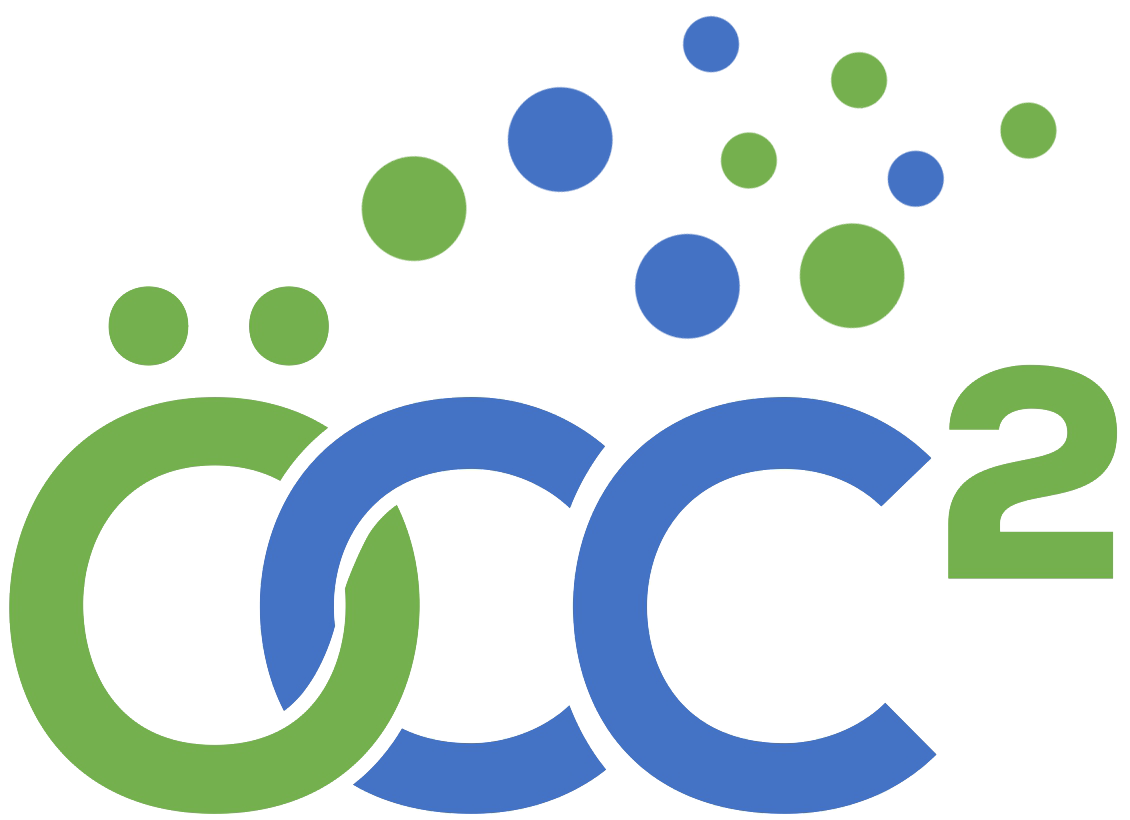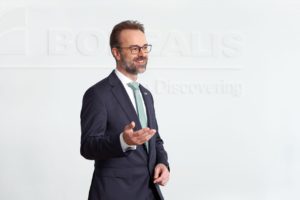Borealis celebrates its 30th anniversary
Borealis is regularly ranked as Austria’s top innovator in the European Patent Index and holds an extensive patent portfolio with around 8,900 granted patents. Especially in Europe, Borealis has strengthened the industrial landscape for decades through substantial investments in its facilities and by creating thousands of highly skilled jobs in the communities where the company operates.
“Our European heritage and technological expertise have made us a global player in the industry. On the occasion of our 30th anniversary, we at Borealis are very proud,” said Thomas Gangl, CEO of Borealis. “Industry is the foundation for society’s prosperity. For three decades, Borealis has been contributing to accelerating progress and improving living standards by creating value through innovation. We are driving the transformation of the industry towards a circular economy for plastics and reinventing the foundations for sustainable living. We will continue to invest in our employees, facilities, and local communities.”
A Foundation for Innovation: Borstar®, Borcycle™ and Beyond
Building on its proprietary technologies and more than 50 years of experience in the polyolefins sector, Borealis supports key industries with plastic raw materials for a wide range of applications. The company leverages technological innovations to enhance plastic applications, make production processes more resource-efficient, and accelerate the recyclability of plastics. Borstar®, the proprietary technology for producing polyethylene (PE) and polypropylene (PP), has been a cornerstone of the company’s success since the commissioning of the first Borstar PE plant in Porvoo, Finland, in 1995. Since then, other technology brands have been added to Borstar, such as Borlink™, a groundbreaking innovation for the power cable industry; Borstar® Nextension Technology, an innovative technology that facilitates, among other things, the production of mono-material applications for recycling; and the Borcycle™ M technology for mechanical recycling, which breathes new life into polyolefin-based household waste and transforms it into high-quality applications with a lower carbon footprint.
Continuous Global Expansion
With the strong support of its two majority owners, OMV (Austria) and the Abu Dhabi National Oil Company (ADNOC, UAE), Borealis is expanding its global presence to become a truly customer-oriented provider of advanced and sustainable polymer solutions in key areas such as energy, mobility, consumer goods, and infrastructure. Founded in 1998 in the United Arab Emirates, the joint venture Borouge, which has been listed on the Abu Dhabi Securities Exchange (ADX) since 2022, is one of the world’s largest integrated polyolefin complexes. Currently, the largest growth project in the company’s history is being realized there: Borouge 4, the new $6.2 billion facility in Ruwais, which will supply customers in the Middle East and Asia. In North America, the Baystar™ joint venture, established in 2017 and operated with partner TotalEnergies, includes the construction of a new ethane cracker and the most advanced Borstar plant ever built outside Europe. The state-of-the-art, $1.4 billion PE Borstar 3G facility in Pasadena, Texas, was commissioned at the end of 2023, bringing Borstar products to this continent for the first time. Borealis’ commitment to its European production sites is underscored by the new world-scale Propane Dehydrogenation (PDH) plant currently being built in Kallo, Belgium.
Commitment to the Highest Standards in ESG
Shared values – We Care, We’re Curious, We Progress – define all aspects of Borealis’ operations and unite employees from around 120 countries in a multicultural and diverse corporation. Sustainability is deeply embedded in all activities, from research and development to production, from procurement to stakeholder engagement, and decarbonization. By 2030, 100% of the electricity used for the company’s production in Europe will come from renewable sources. Borealis will reduce its Scope 1 and Scope 2 emissions from 5.1 million tons/year (base year 2019) to below two million tons per year by 2030.1


